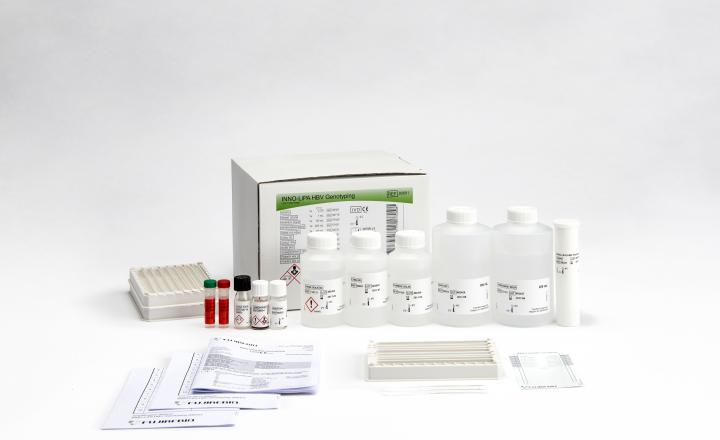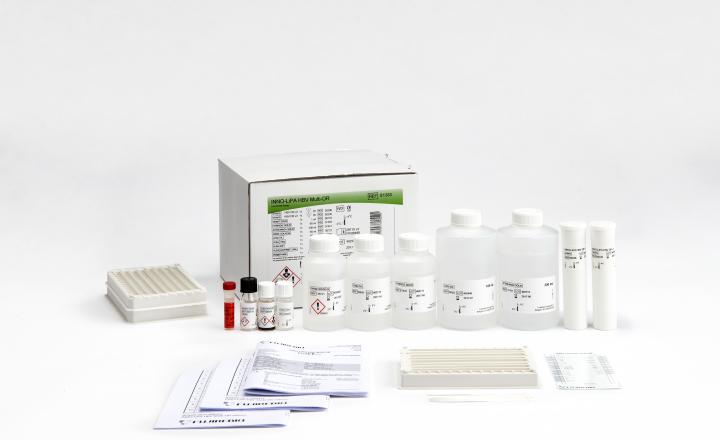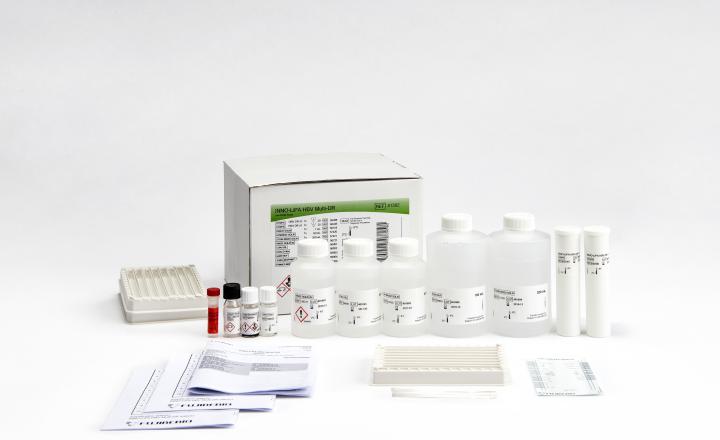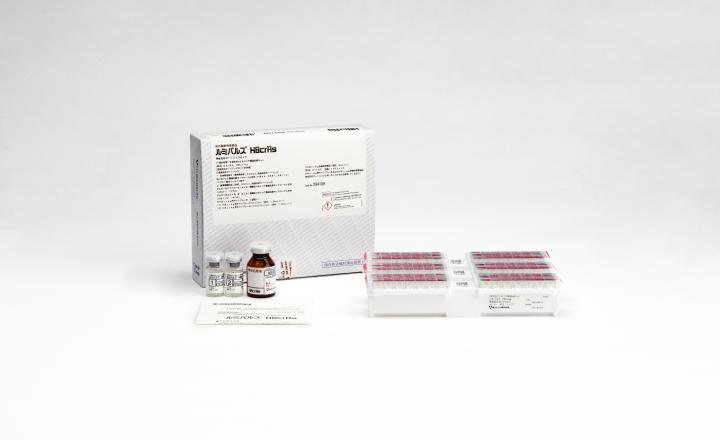HBcrAg, a promising new serological marker for reliable and non-invasive monitoring of the intrahepatic virologic status in HBV patients
In March 2017 the European Association for the Study of the Liver (EASL) added a new serological marker, HBcrAg (Hepatitis B core-related antigen), to their list of new promising HBV biomarkers.
HBV patients are traditionally monitored with biomarkers such as HBV DNA, HBsAg (quantification) and ALT. It is, however, difficult for clinicians to immediately identify patients who require treatment or establish reliable stopping rules.
cccDNA acts as a template for viral replication and is responsible for the persistence of the virus in the liver even after HBsAg loss and seroconversion. HBV cccDNA measurement could be an important help for clinical decision making, however there is a need for standardized assays and current methods measuring cccDNA require a liver biopsy.
The new HBcrAg biomarker can provide clinicians with reliable information on the replication activity of the Hepatitis B virus in HBV infected patients in a non-invasive manner, without a liver biopsy, instead of cccDNA quantification. Studies show that serum levels of HBcrAg reflect the level of cccDNA in hepatocytes, both in HBeAg-positive and HBeAg-negative patients.
Today, HBcrAg is already used in Japan in routine monitoring, in combination with HBsAg quantification, to identify patients where nucleos(t)ide analogue (NA) treatment can be discontinued.1
Serum HBcrAg levels vary significantly among the different phases of HBV infection. HBcrAg is therefore also a good virologic marker to differentiate HBeAg-negative chronic hepatitis B patients (active disease) from HBeAg-negative chronic HBV infection (inactive disease).2
Furthermore, HBcrAg can be an aid for clinicians in identifying patients with higher risk of HCC development during nucleos(t)ide analogue (NA) therapy or of post-treatment recurrence of hepatocellular carcinoma (HCC).3
Lumipulse® G HBcrAg is a Research Use Only assay available from Fujirebio as a fully automated chemiluminescent enzyme immunoassay (CLEIA) assay on the LUMIPULSE G systems, preceded by a pretreatment of the sample.
You can also use our ultrasensitive Lumipulse G HBsAg-Quant assay on the same platform.
Would you like to know the latest status about HBcrAg testing?
- Download our Biomarker Update leaflet here now (opens in a new window)
References:
- Ohishi W, et al. Treatment of chronic hepatitis B with nucleos(t)ide analogues. Hepatol. Res. 2012 Mar; 42(3): 219-25
- Best Practice&Research Clinical Gastroenterology. June 2017; 31 (3): 281-289
- Honda et al, J Infect Dis 2016 April; 213 (7):1096–1106






